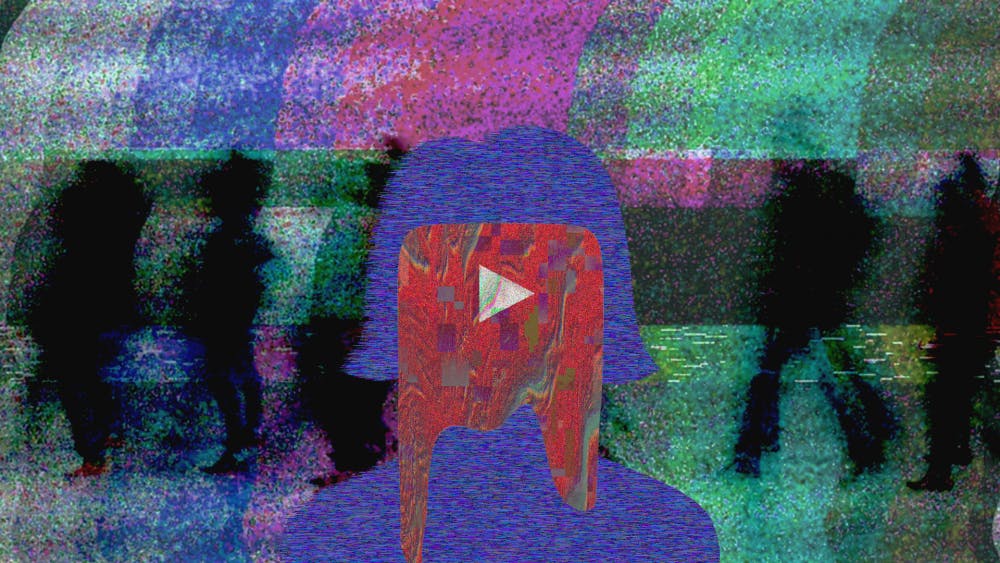The viral Youtuber apology video has become its own niche genre on the Internet. After an influencer is exposed for a scandal or otherwise heinous action, viewers can expect to see a cookie–cutter apology video posted a few weeks later, equipped with a solemn–faced thumbnail picture and a cliché about how this is the hardest video they've ever had to make. While most YouTubers talk about being better and taking accountability, what do they actually mean? In these apology videos, the term “accountability” is used haphazardly, reduced to a buzzword rather than a meaningful action to address harm.
Pablo Cerdera, the Associate Director of Restorative Practices @ Penn under the Office of Student Conduct, says that the word “accountability” is often used imprecisely—either conflated with punishment or apology. For Cerdera, neither of these are an accurate description of what accountability is because at its core, accountability is not something that can be done to someone, but rather is an ongoing action that someone must take for themselves.
Cedera outlines five stages of meaningful accountability:
The first stage is acknowledging that you have caused harm. Cedera explains that acknowledging harm doesn’t mean being sorry that someone was offended by your actions—a narrative that is frequent in many influencer apologies—but acknowledging that what you did hurt or harmed someone else.
The second: recognizing that you had agency in your actions, and that you made choices that contributed to the harm.
Stage three: understanding the impact of your actions. Crucially, this stage doesn’t center on how the person responsible for the harm feels, or whether they had ill intent; it's about understanding how their actions affected the person you harmed.
Fourth: taking active steps to repair the harm. Cerdera mentions that an important part of repair is centering the needs of the person who was harmed—a good apology could be part of those needs.
Lastly: noticing the patterns in your life, community, and society that contributed to you making a harmful decision. For Cerdera, this means being aware of larger systems like white supremacy, racism, patriarchy, and other forms of structural inequality that make people feel entitled to harmful behavior.
For many of these stages, influencer apology videos fall flat. All too frequently, they lack the self–reflection and effort necessary to acknowledge the harm that they caused, and fail to take meaningful action to address that harm.
The rise of celebrity culture and normalization of parasocial relationships makes the phenomenon of insincere YouTuber apologies especially concerning. As the appeal of many influencers come from their relatability, many of us feel personally betrayed when influencers are exposed for damaging behaviors. It’s hard to conceptualize that no matter how much we idolize them, our favorite celebrities too, are capable of harm. This leads to a dangerous short–circuit where a YouTuber’s actions are reduced to a public scandal that is soon forgotten, and many influencers are able to continue their careers without taking meaningful steps to make amends.
However, a key part of moving towards a better culture of accountability—especially in the case of YouTubers and Internet personalities—is being clear about what we mean by "taking accountability." Cerdera recognizes that this can be difficult, as viewers are often not in direct community with big celebrity figures. However, he believes that it is important to be clear in our messaging about accountability as a series of steps to acknowledge and address harm, centering on the needs of the people who were affected. As transformative justice advocate Mia Mingus writes, “We need to move away from ‘holding people accountable’ and instead work to support people to proactively take accountability for themselves. It is not another person’s job to hold you accountable—that is your job.”
The spectacle and entertainment of YouTuber apologies shouldn’t detract from the real harm that these individuals have caused. Promoting a culture of accountability can be complex and difficult—but it’s work that we need to collectively take.







